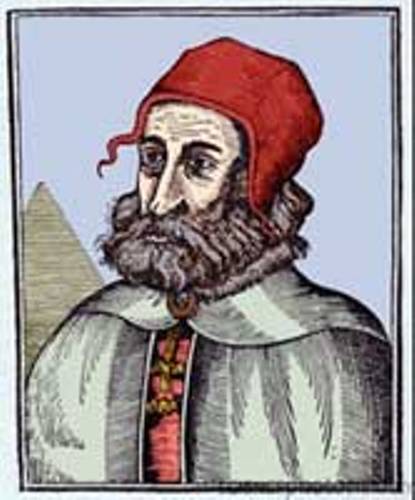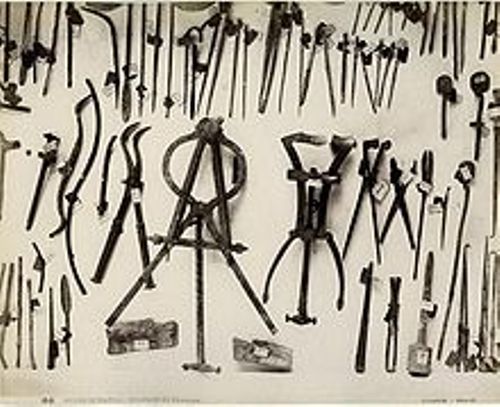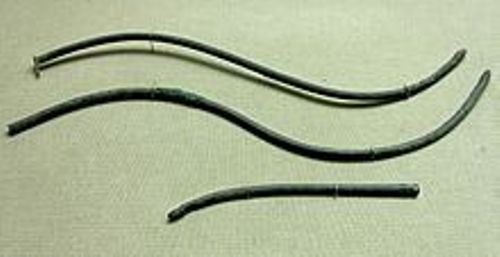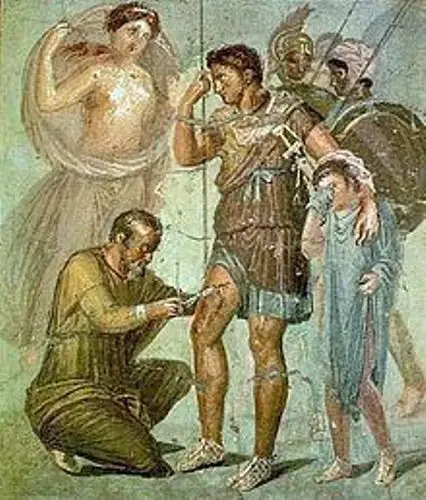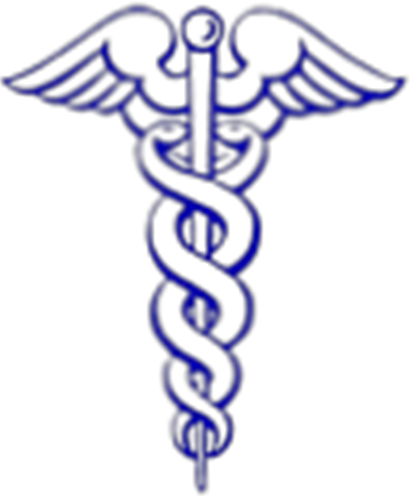10 Interesting Roman Health and Medicine Facts
Look at the following post about Roman Health and Medicine Facts if you want to know the type of medicine applied by the Romans in the ancient period. They applied different kinds of tools and techniques to create medicine. The Roman medicine was heavily influenced by the Greek medicine. Dioscorides and Galen were the major physicians from Greece who wrote and worked about medicine in Roman Empire. Both had great knowledge related to medicine and herbs. Let us find out other interesting facts about Roman health and medicine:
Roman Health and Medicine Facts 1: the division of ancient Roman medicine
There were several specializations of ancient roman medicine. The urology and ophthalmology were some branches of Roman medicine.
Roman Health and Medicine Facts 2: the surgical tools
Catheters, scalpels and forceps were some of the surgical tools used by the physicians in the ancient Rome.
Roman Health and Medicine Facts 3: type of healing in ancient Rome
The charms, prayers, chants and herbs were used as the primary types of healing based on belief of Pliny and Cato.
Roman Health and Medicine Facts 4: the entry of Greek medicine
The Roman medicine was heavily influenced by the Greek medicine due to the political and military contacts between Rome and Greece.
Roman Health and Medicine Facts 5: the acceptance of Greek medicine
Greek medicine was finally accepted in Italy after the arrival of Archagathus, a Greek doctor in 219 BC and the introduction of Asclepius, a healing god in 291 BC.
Roman Health and Medicine Facts 6: the divine punishment
The divine punishment was considered as the main cause of plagues and tragic famine. They believed that the negative effect of the events would be decreased if they had rituals for the deities or gods. Look at facts about the Roman baths here.
Roman Health and Medicine Facts 7: Miasma
The ancient Romans believed that the primary cause of wars, diseases, plague and famine was Miasma.
Roman Health and Medicine Facts 8: the contagion concept
The ancient Rome recognized the concept of contagion where they tried to increase the sanitation and quarantine practice. Check facts about the Roman army here.
Roman Health and Medicine Facts 9: the notable doctor
Galen received the status as a notable doctor in ancient Roman period. He was appointed as the personal physician for Emperor Marcus Aurelius.
Roman Health and Medicine Facts 10: the caduceus
The caduceus was selected as the symbol of medicine and health in seventh century because it was associated with the universal solvent, the Azoth.
Do you enjoy reading facts about Roman health and medicine?
